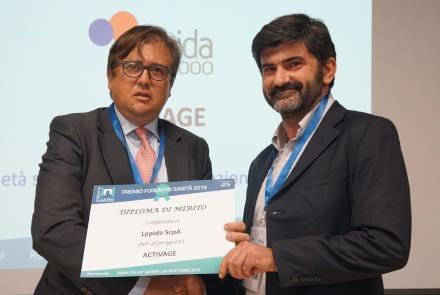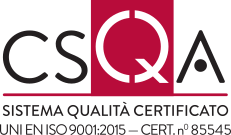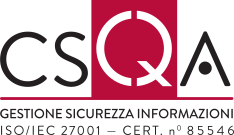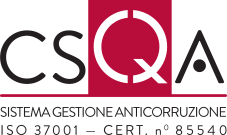
The ACTIVAGE project implements numerous use cases in 9 Deployment Sites (DS), considered strategic for the implementation of effective policies to address the challenge of healthy ageing. The DSs are located in Spain, Germany, France, Greece, Finland and the United Kingdom as well as in the Emilia-Romagna Region, in the Parma area, selected for the Health Care Public Administration Forum in the Integrated Care area.
The ambition of ACTIVAGE is to propose, in each DS, a selection of use cases that best meet the needs of the fragile population in their local context. ACTIVAGE is not simply the sum of 9 pilot sites, but it is a joint experience, within which it is possible to identify IoT solutions and applications that best suit the specific needs of fragile users and their families. DS activities have produced "lessons learnt" which are a reference for those interested in using the IoT technologies. In the three DS implemented in Spain (Madrid, Valencia and Galicia), the focus was on monitoring people in the urban context, but also on promoting physical activity and preventing social isolation. The recommendations produced, useful for future implementations, concern: the analysis of results according to age groups (fundamental to assess in which group the intervention can have a greater impact); training in the use of technologies that are necessary, but not sufficient, and an almost continuous technical support; the involvement of family carers and their perception of technology as an essential support to alleviate the workload, strategic to determine the success and use of the solutions proposed in the long term.
In the south-east of France, the use cases adopted mainly concerned the continuity of care and the training of caregivers (both relatives and professionals), which is crucial to ensure the motivation of users. In northern Europe, two territories were involved, the United Kingdom (Leeds) and Finland (Turku). In Leeds, the lack of broadband at home was an obstacle, but at the same time an adequate level of digital literacy among users led to greater acceptability of the proposed solutions. While exporting solutions from one DS to another, the smartwatch devices for the prevention of the risk of falling, used in Leeds and Turku, will also be adopted in the DS of Parma. Particularly interesting is also the German DS of Woquaz, where sensors and devices have been installed in a complex of homes for the monitoring of risk situations. The lessons learnt, in this case, concern the need to have first level, technical assistance on-site because the proper functioning of the devices is essential to build a relationship of trust. Even in the use case in Greece, the support offered by IoT solutions to the relative/caregiver is always central, thus becoming an element around which it is possible to create services and new business models.




